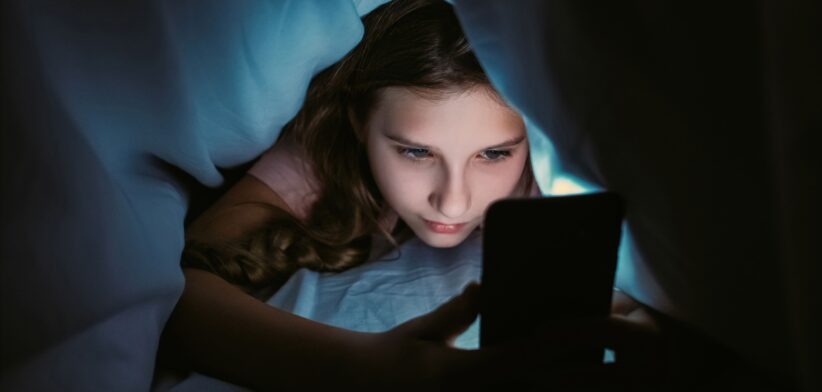Excessive screen time increases the risk of a child developing behavioural problems, which then drives them back to screens to cope, creating a vicious cycle.
The new Australian Catholic University (ACU) research looked at 117 studies covering 292,000 children globally to identify the trend.
Lead author and PhD candidate Roberta Vasconcellos said it was one of the largest studies of its kind.
“The research shows that higher screen use in children could exacerbate aggression, anxiety, attention difficulties and depression which in turn drives them to screens as a coping mechanism,” Mrs Vasconcellos said.
She said the study found children who experienced social and emotional problems could often turn to screens to feel better and connect with peers.
“Video gaming showed the strongest link for developing social emotional problems (and) school-aged children are particularly vulnerable.
“Risks of screen use increase as children grow older. Older children are more likely to exceed guidelines and rely on screens to manage their anxiety, hyperactivity and other emotional challenges.”
Mrs Vasconcellos said parents were encouraged to help children develop healthy and balanced habits.
“Cutting screen time alone may not help if a child is already struggling with feelings or showing problematic behaviour,” she said.
“It is essential to support children in learning better ways to handle their emotions. Prioritising enough sleep, play and social time can reduce their reliance on screens to cope with tough emotions.”
Download the study: Electronic Screen Use and Children’s Socioemotional Problems – A Systematic Review and Meta-Analysis of Longitudinal Studies








